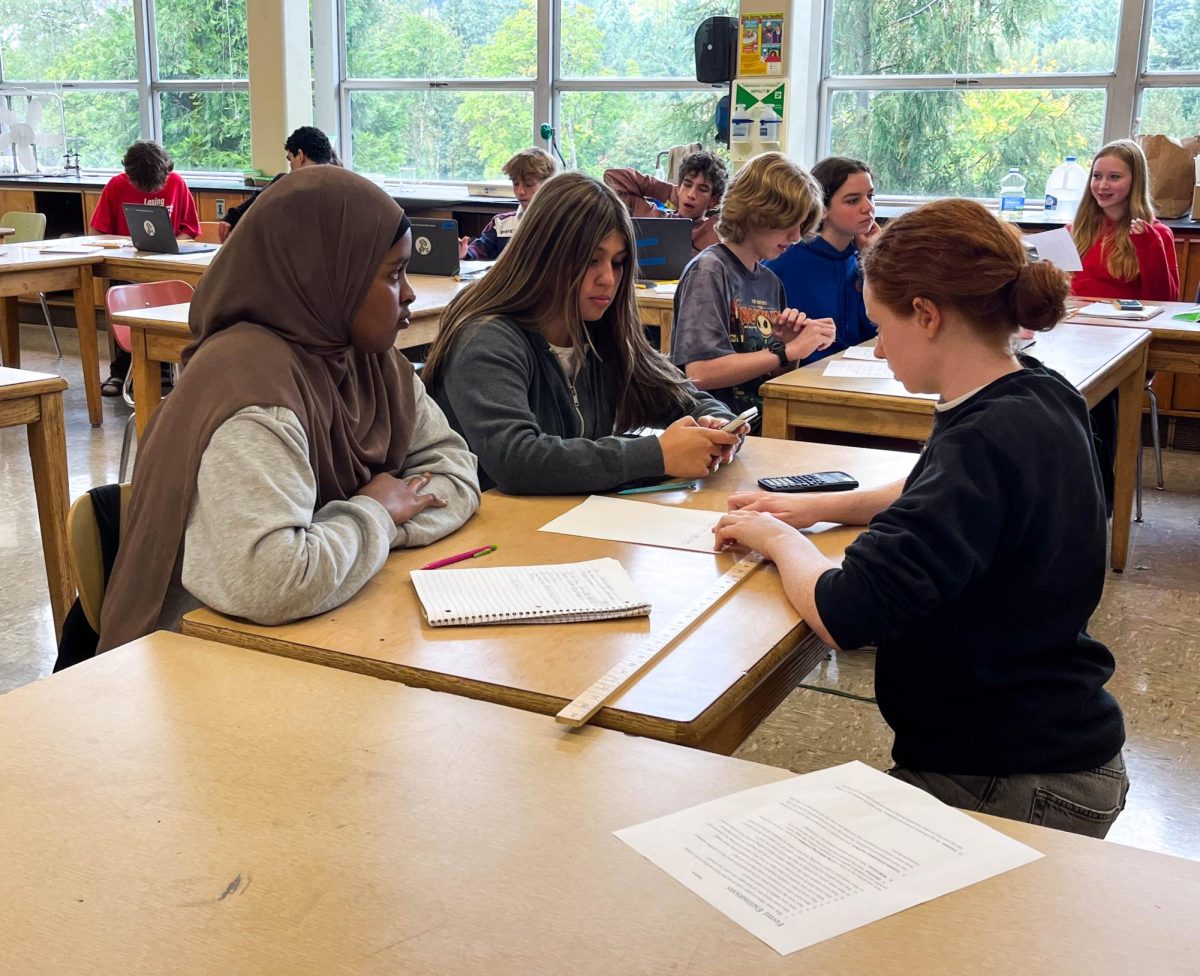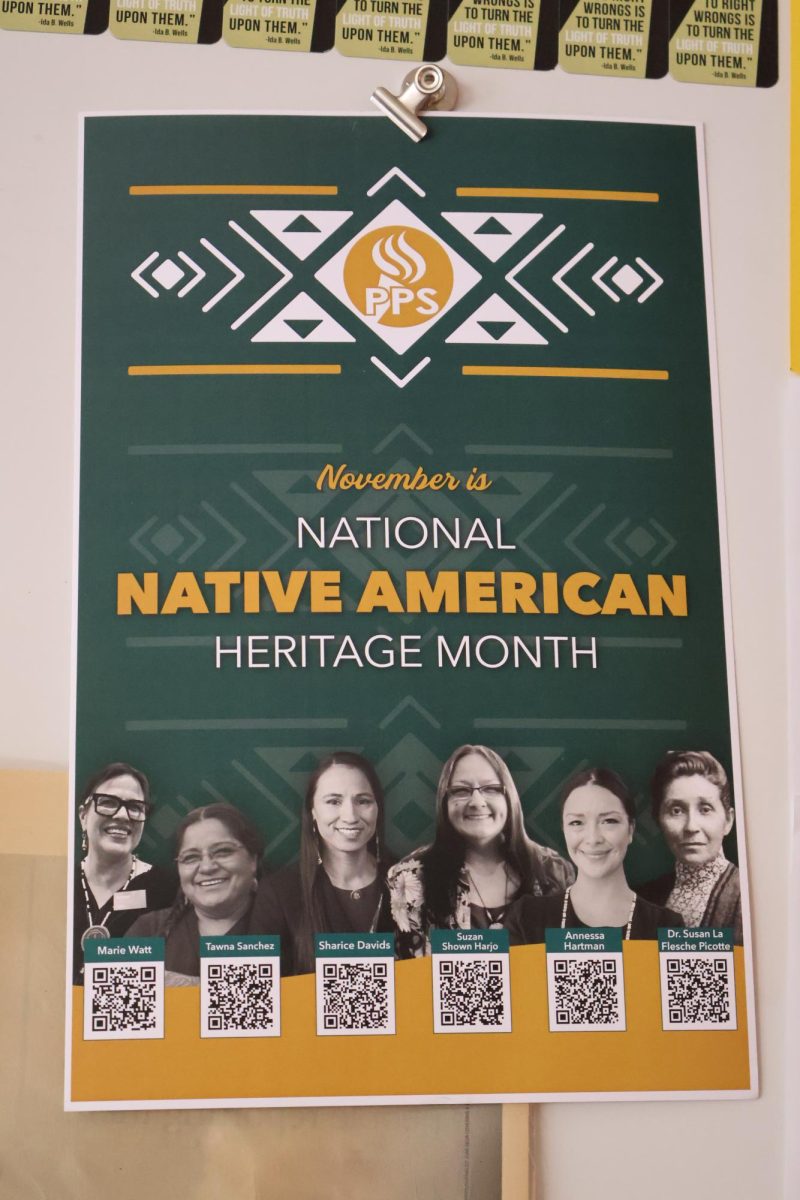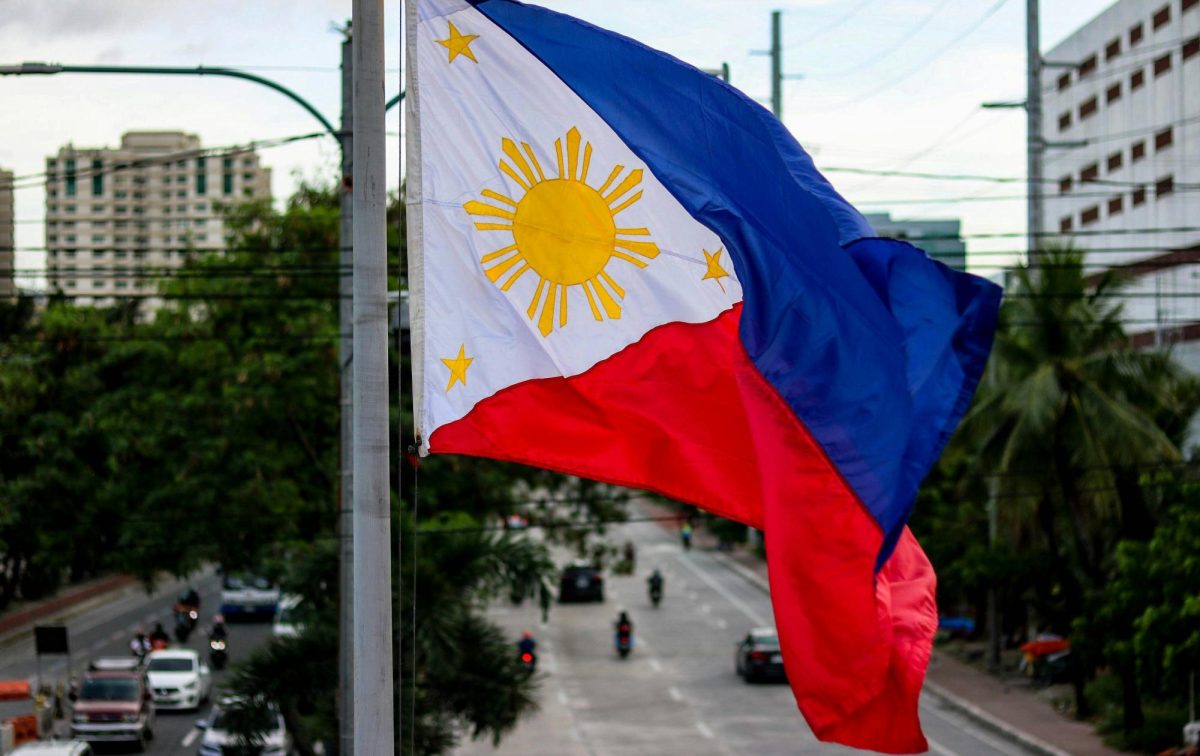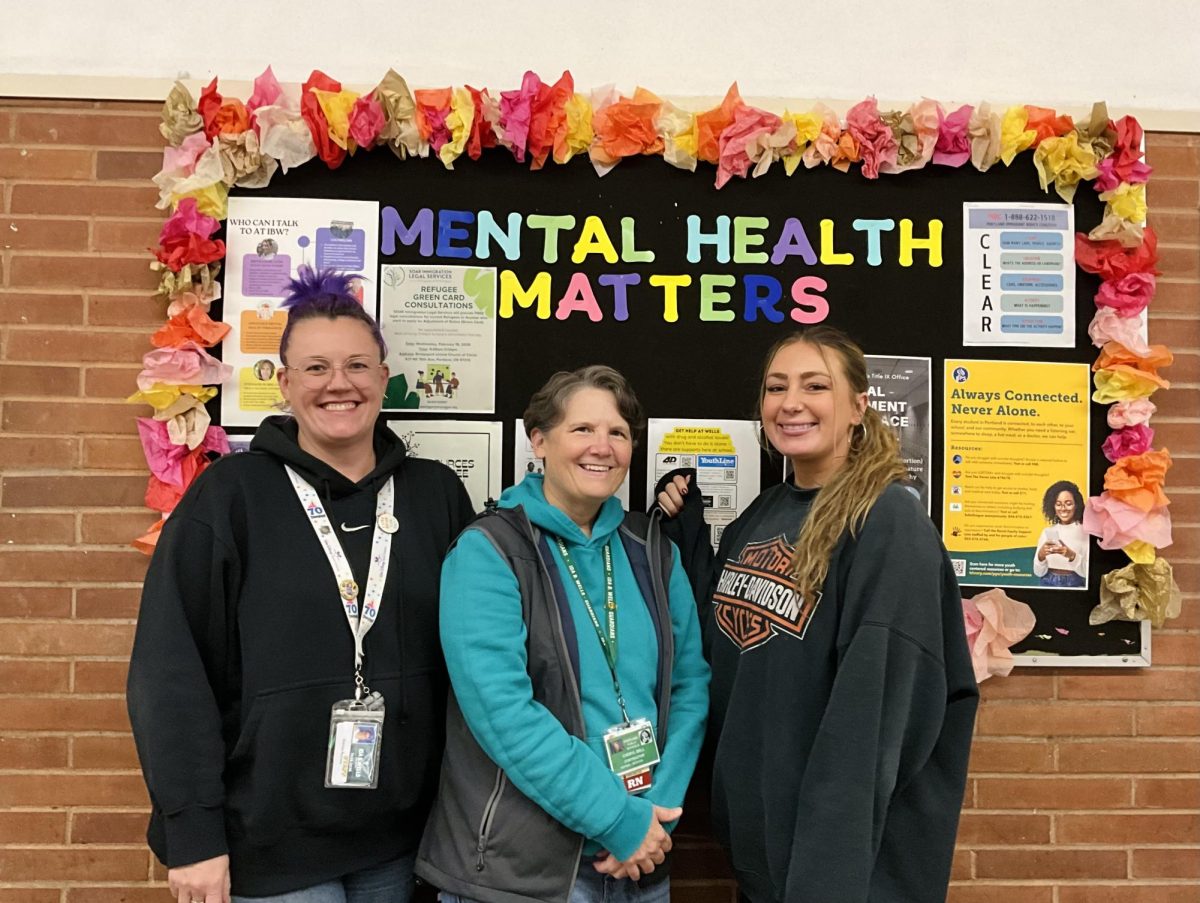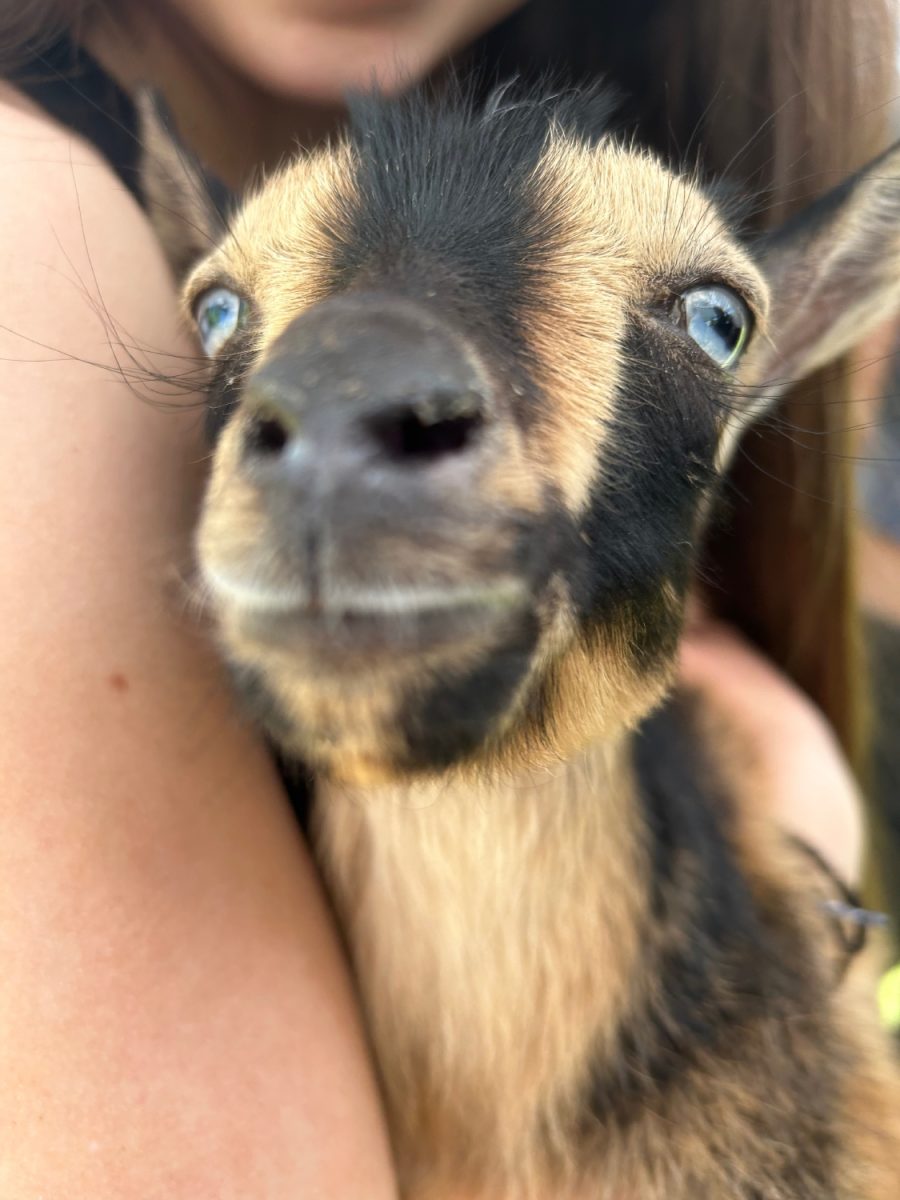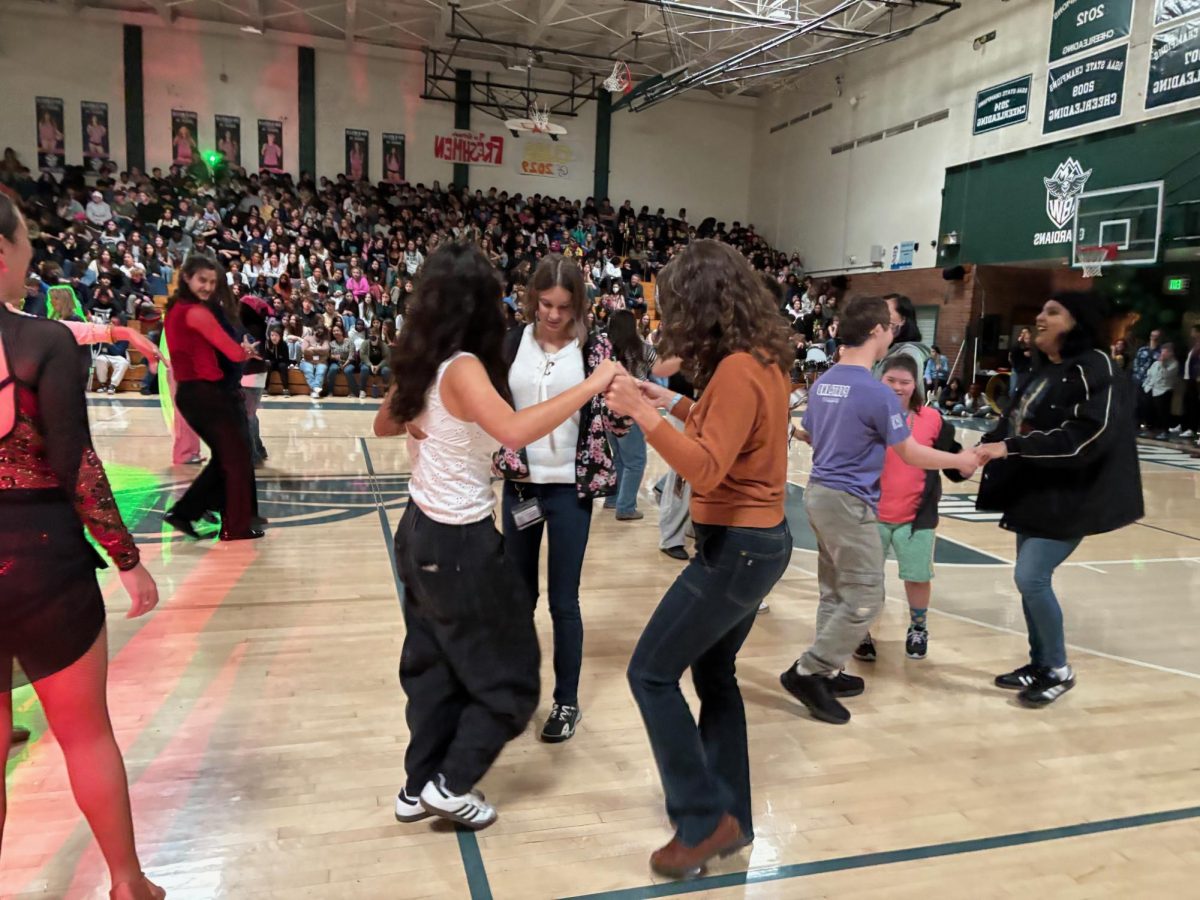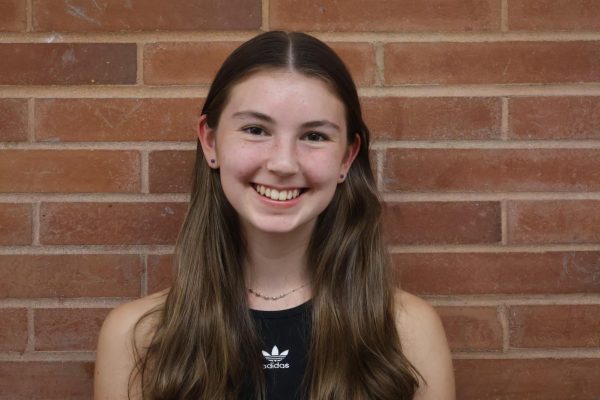This year at Ida B. Wells High School, the science department is implementing a program for upperclassmen to be peer mentors or tutors to freshmen students in physics classes. It provides freshmen with extra support and gives juniors and seniors an opportunity to demonstrate classroom leadership.
In addition to the traditional teacher aide role that has been available for many years, there are three classroom assistant roles in the science department: lab assistant, peer mentor and peer tutor. These three roles are all able to receive a letter grade while a TA can only receive a pass/fail grade.
Peer tutors and mentors are expected to have a larger role in the classroom. “They need to be able to realize when things need to be done and go find those kids and help,” said Kate Nichols, a physics teacher at IBW and participant in the program.
In forecasting, the terms “peer mentor” and “peer tutor” are used interchangeably and simply refer to the role of teaching students. By science department teachers, however, the two terms refer to slightly different roles in the classroom.
Peer mentors primarily support students with learning difficulties or Individualized Learning Plans. IEPs are plans designed to give students access to learning that is right for them. This could mean they learn at a different pace, or that they need the material taught in a certain way for them to understand. That’s where peer mentors come in.
“[Peer mentors] are similar ages as other students, and they have gone through these classes very recently,” said Sruthi Muralidharan, a physics teacher who is participating in the program and hosts the inclusion classrooms. “They are able to connect to the material, they have just learned it, so they can think of various ways in which they made those connections and help the students.”
Peer mentors are able to think of new ways of teaching based on their own experiences of learning the material. When Muralidharan was teaching her class about multiplication and division, some students needed more help than others. “My peer mentor comes up to me, and she’s like, ‘Can you give me some manipulatives, and we can use those? Because I went to Montessori, and that’s how I remember learning it,’” said Muralidharan. “So, I brought out a box of marbles and some cups, and she worked with a group of students using her knowledge, which I did not have, to teach the students.”
Peer mentors are opening up doors for students with IEPs by supporting them so that they can get individualized teaching even in general curriculum classes. By working under the guidance of peer mentors, these students are integrated into the IBW community and are able to work alongside classmates at the same level.
Peer tutors are very similar to peer mentors, but their specialty is in supporting multi-language classrooms. “This year at Wells, we have a certain number of kids that are designated ML…[students] that typically grew up speaking a different language,” said Nichols. “That’s an amazing talent and incredible skill, but of course, it makes it harder to learn because the whole class is in the language you are learning.”
Peer tutors can also be concentrate in the classroom, ready to step in and explain physics topics in different ways. Both peer tutors and paraeducators are helping teachers provide individualized and adaptive learning to each student.
In previous years, the ML students had been spread out across classes and cohorts, making it hard for teachers to collaborate and provide support across multiple subjects. This year, however, all 10-15 ML students are in a single classroom which has allowed teachers to plan lessons specially for them.
In addition to making it easier on the teacher, this concentrated ML classroom allows for a paraeducator, Liz Cannon, to be present. Paraeducators are adults who work alongside teachers and are meant to support students with disabilities and specialized learning needs.
“I look at [Liz Cannon and two peer tutors] almost every day and I’m like, ‘I could not do this without all three out there,’” said Nichols. “They are incredible.”
Peer tutors and mentors have a unique perspective on the classes they assist in as they are similar in age to the students they work with. “The peer mentor is able to connect with the students on a friendly level. They are talking about the football game and school stuff which allows them to work well together,” said Muralidharan.
To be a peer mentor you don’t even have to want to be a teacher or educator when you grow up, nor do you need to be the top student at physics. “I love science, and I’ve had to work really hard to become a good teacher,” said Nichols. “I think that I tend to pull TAs that are passionate about science, knowing that if they can also learn how to teach they’re going to be rock stars. I don’t know that my kids at all want to go into education, but I do know that the more they learn to teach people, the more success they’re going to have wherever they go.”
Axel Schenck, a peer tutor in the ML classroom, chose to become one because of how much they loved physics. They remembered forming strong bonds with their classmates and how it gave them the opportunity to challenge themselves.
Giving students the support that they need in their classes can help them feel empowered and encourage them to push themselves. “If people have a fun, simple, good time with the prerequisite, basic level classes then they will be more likely to take the AP classes and have those experiences,” said Schenck.
“It’s a really unique thing to be able to say that this kid didn’t just focus on themselves, but they actually in a real way, made it possible for other kids to pass physics. That’s unusual and will make you stand out,” said Nichols.
While the program isn’t perfect, it is improving each year as the teachers learn how to specialize their teaching for those who need it. “We mess up. There’s days we weren’t prepared. There’s days we didn’t reach them, and last year was my first year ever teaching [a multilingual class],” said Nichols. “[I’d] give myself maybe a C minus. So this year, I’m at a B. Every year you get a little better, so you’ve got to give yourself some grace when you’re doing this, because you know that you have a lot of things you’re going to screw up, but you won’t ever get better until you practice.”
This year, there are plenty of opportunities to be a peer mentor even outside of the science department. In the inclusion cohort, Alexa Bryant-Capellas for English, Scott Montanaro for history, and Trevor Downen for geometry are looking for peer mentors.


